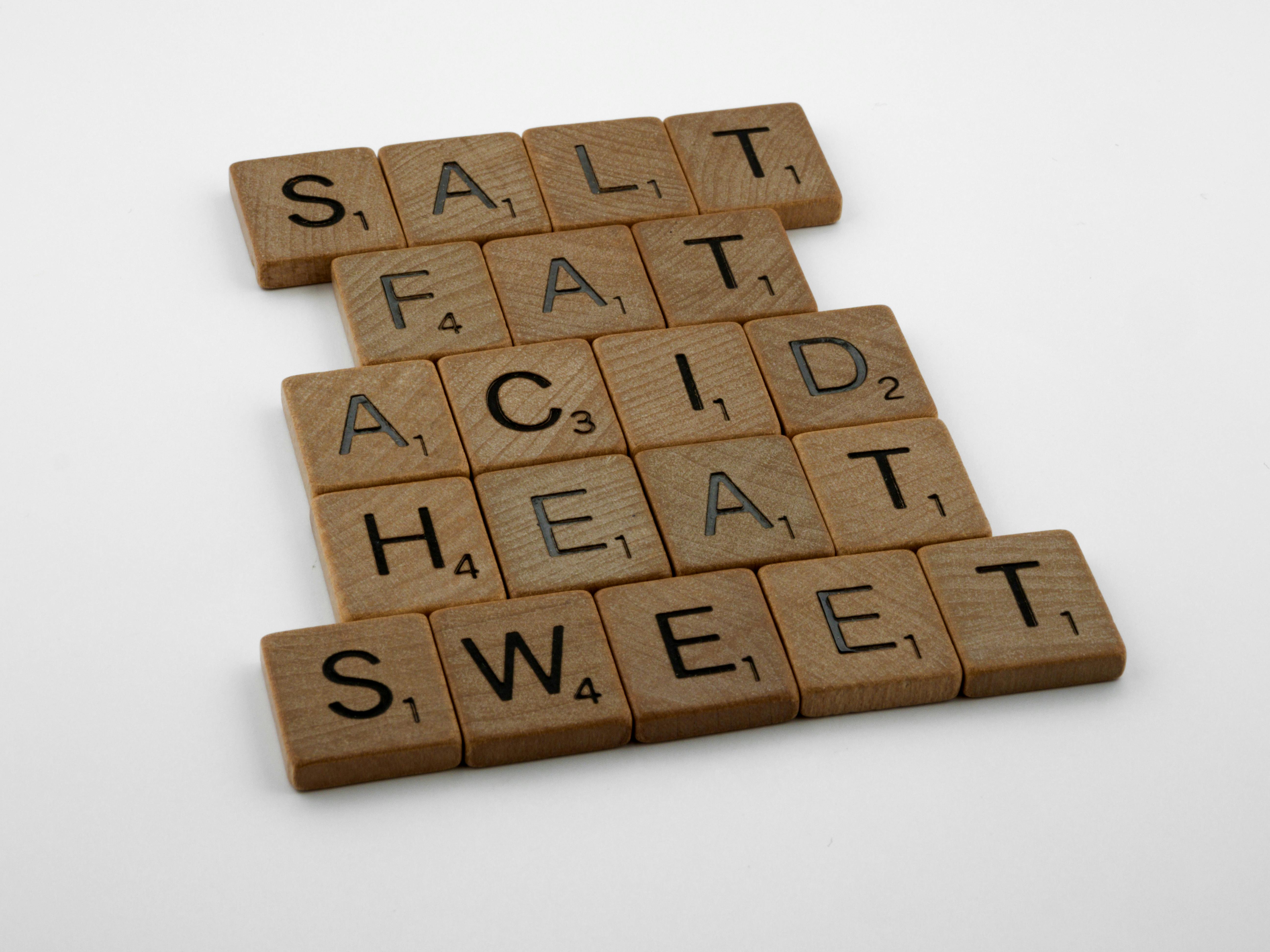Smart Ways to Prevent Dog Poop Eating in 2025: Essential Tips for Owners

Apply Now

 Utilizing the techniques and advice outlined in this guide will significantly contribute to managing and correcting your dog's coprophagia behavior. For additional insights and expert tips on dog behavior and training, explore more [here](https://solvehow.info/?p=1848) and [here](https://solvehow.info/?p=1843).
Utilizing the techniques and advice outlined in this guide will significantly contribute to managing and correcting your dog's coprophagia behavior. For additional insights and expert tips on dog behavior and training, explore more [here](https://solvehow.info/?p=1848) and [here](https://solvehow.info/?p=1843).
Effective Strategies to Stop Your Dog from Eating Poop: Proven Tips for 2025
Understanding Coprophagia in Dogs
What is Coprophagia?
Coprophagia, the act of dogs consuming feces, is a behavior that can be both disturbing and puzzling for dog owners. Understanding why this occurs is crucial in addressing the issue effectively. Dogs may eat poop out of instinct, driven by evolutionary behaviors from their ancestors who relied on scavenging for survival. Often referred to as coprophagia, this habit can stem from several factors, including nutritional deficiencies, boredom, or even anxiety. Understanding the motivations behind this behavior is the first step in formulating an effective training strategy.Common Causes of Dogs Eating Feces
Several reasons can contribute to a dog's feces-eating behavior. Nutritional deficiencies are a primary concern; dogs might seek out their waste if they lack certain nutrients in their diet. Additionally, stress or boredom can prompt scavenging behaviors, especially in high-energy breeds. Dogs may also imitate licking behaviors they observe in other animals. Ensuring a balanced diet and providing adequate mental and physical stimulation can significantly reduce the likelihood of this behavior manifesting.Health Implications of Coprophagia
Dogs eating feces can pose serious health risks, as fecal matter may contain harmful bacteria, parasites, or viruses. Consuming such waste can lead to gastrointestinal issues, infections, or the transmission of parasites. Therefore, it is critical for owners to understand the health implications associated with coprophagia. Regular veterinary check-ups and maintaining good hygiene are essential measures to take for any dog exhibiting this behavior.Practical Solutions to Prevent Dogs from Eating Poop
Building on the understanding of why dogs engage in coprophagia, let's explore effective strategies for prevention. Implementing practical solutions will help correct this behavior and ensure your dog's health and well-being.Training Techniques for Dogs
Training techniques play a crucial role in addressing the poop-eating problem. One effective method is positive reinforcement training, where rewarding your dog for desirable behaviors redirects their attention from feces. For instance, when you see your dog about to approach feces, you can use a firm "leave it" command and reward them with a treat when they comply. This method not only stops the behavior but also strengthens your bond with your pet.Establishing a Healthy Diet
A healthy diet significantly influences your dog’s behavior. Providing high-quality dog food with adequate protein, vitamins, and minerals can help minimize nutritional deficiencies that contribute to coprophagia. Consulting with a veterinarian can present options for a balanced diet tailored to your dog’s specific needs, ensuring they are receiving all the necessary nutrients for optimal health.Effective Deterrents for Coprophagia
Incorporating effective deterrents can also aid in managing this annoying behavior. Certain products on the market are designed to make feces taste unpleasant to dogs, deterring them from eating it. Additionally, adding safe and healthy supplements to your dog’s diet can discourage coprophagia by altering the taste of their stool, making it less appealing.Training Your Dog Not to Eat Feces
Now that we've discussed prevention strategies, let’s delve into proactive training methods that help in correcting this behavior long-term.Utilizing Commands During Walks
While walking your dog, practice commands such as "sit", "stay", and "leave it". These commands help to enforce discipline and control. A well-trained dog will respond positively when asked to refrain from approaching feces on walks. Consistent training sessions with patience and positive reinforcement will yield better results over time.Developing Positive Habits
Creating positive habits in your dog through structured routines can lead to better behavior. Engaging your dog in interactive play or providing mental stimulation can prevent boredom, reducing the likelihood of unwanted behaviors. Regular exercise, socialization, and engaging activities keep your dog physically fit and mentally satisfied.Implementing Hygiene Measures
Keeping your environment clean is pivotal in preventing your dog from eating feces. Regularly cleaning up your yard, avoiding letting your dog roam freely in areas where other animals defecate, and maintaining good hygiene when it comes to dog waste management are essential steps to combat coprophagia.Coping Strategies for Dog Owners
Understanding and addressing a dog’s coprophagia can be a challenge for dog owners. However, numerous coping strategies can simplify the process and encourage healthier behaviors.Working with Pet Professionals
When training challenges arise or if your dog continues to exhibit coprophagia despite your efforts, seeking help from pet professionals can be beneficial. Expert advice from dog trainers or veterinary behaviorists can provide tailored strategies to your specific situation. They can also identify any underlying health issues that may be contributing to the behavior.Engaging in Behavioral Modification
Behavioral modification involves changing your dog’s reaction and attitude toward poop. Techniques such as desensitization, counter-conditioning, and redirection can be effectively used under the guidance of professionals. Engaging in these practices can significantly improve your dog’s behavior over time.Building a Stronger Bond with Your Dog
Establishing a loving and trusting bond with your dog through consistent training and positive reinforcement will make your training efforts more successful. Spending quality time with your pet and practicing obedience training will reinforce desirable behaviors while reducing anxiety and unwanted habits.Frequently Asked Questions
1. Why does my dog eat poop?
Dogs may eat poop due to nutritional deficiencies, curiosity, or scavenging instincts. Understanding these motivations is key to addressing the behavior.2. How can I effectively stop my dog from eating poop?
Implementing training techniques, maintaining a healthy diet, and using deterrents can help prevent and stop this behavior.3. Are there health risks associated with dogs eating poop?
Yes, there are potential health risks, including gastrointestinal infections and intestinal parasites that can result from consuming feces.4. When should I seek professional help for my dog's behavior?
If your dog's coprophagia persists despite your efforts, consulting a vet or professional dog trainer is advisable for guidance and assistance.5. What are some effective training aids for preventing poop eating?
There are various training aids, including bitter-tasting deterrent sprays that can discourage dogs from eating feces when applied to their waste.
 Utilizing the techniques and advice outlined in this guide will significantly contribute to managing and correcting your dog's coprophagia behavior. For additional insights and expert tips on dog behavior and training, explore more [here](https://solvehow.info/?p=1848) and [here](https://solvehow.info/?p=1843).
Utilizing the techniques and advice outlined in this guide will significantly contribute to managing and correcting your dog's coprophagia behavior. For additional insights and expert tips on dog behavior and training, explore more [here](https://solvehow.info/?p=1848) and [here](https://solvehow.info/?p=1843).